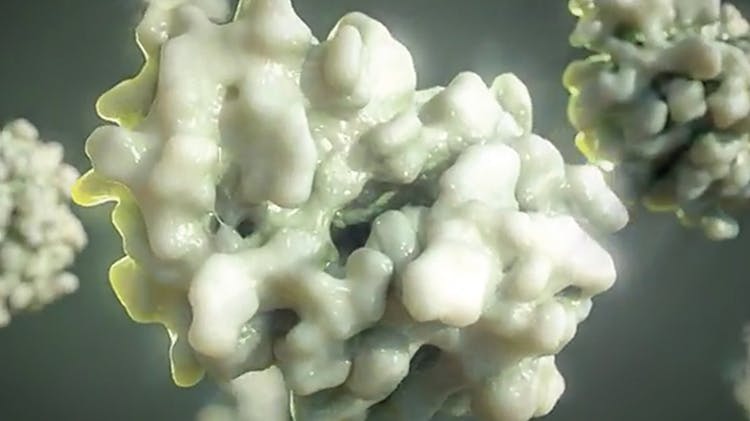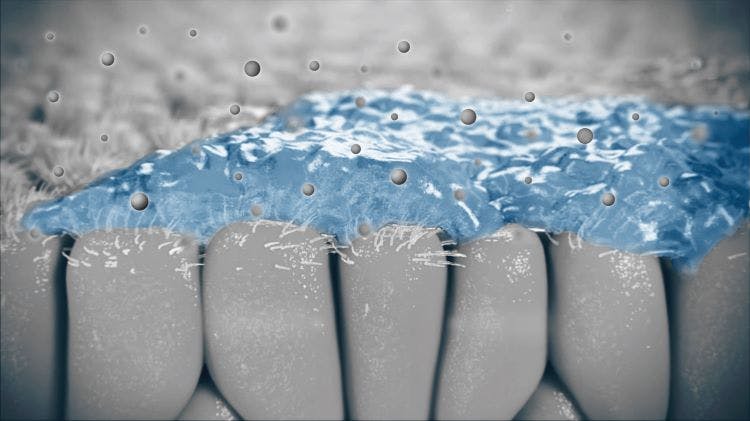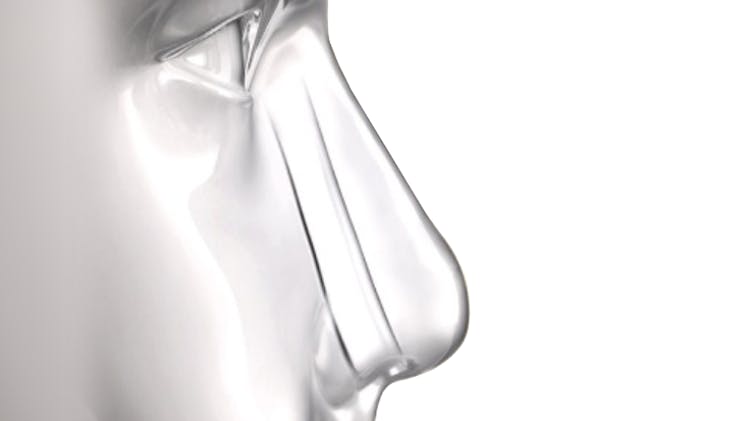Causes and mechanisms of colds

What causes colds?
Colds are usually caused by viral infections. One of the major symptoms of a cold is nasal congestion, which can also be the result of several other causes.1 Here we take a closer look at the causes of colds and their mechanisms.
What are the functions of a healthy nose?
- Warms (just under normal body temperature 31-33oC), moistens (close to 98%), and filters inspired air before it enters the lungs, to ensure that the delicate lung tissue doesn’t become damaged by cold or dry air, or irritated by small particles (e.g. dust)
- Reduces infections caused by viruses
- Detects and destroys foreign substances before they enter the rest of the body (nasal membranes bring air in contact with immunoglobin, a protein that detects foreign substances such as viruses, bacteria, and allergens, triggering an immune response to destroy them before they enter the rest of the body)
- Allows us to smell the air as it flows through the nose, which contributes towards our sense of taste
- Allows the air resonating in the nose to help give our voice its particular sound






